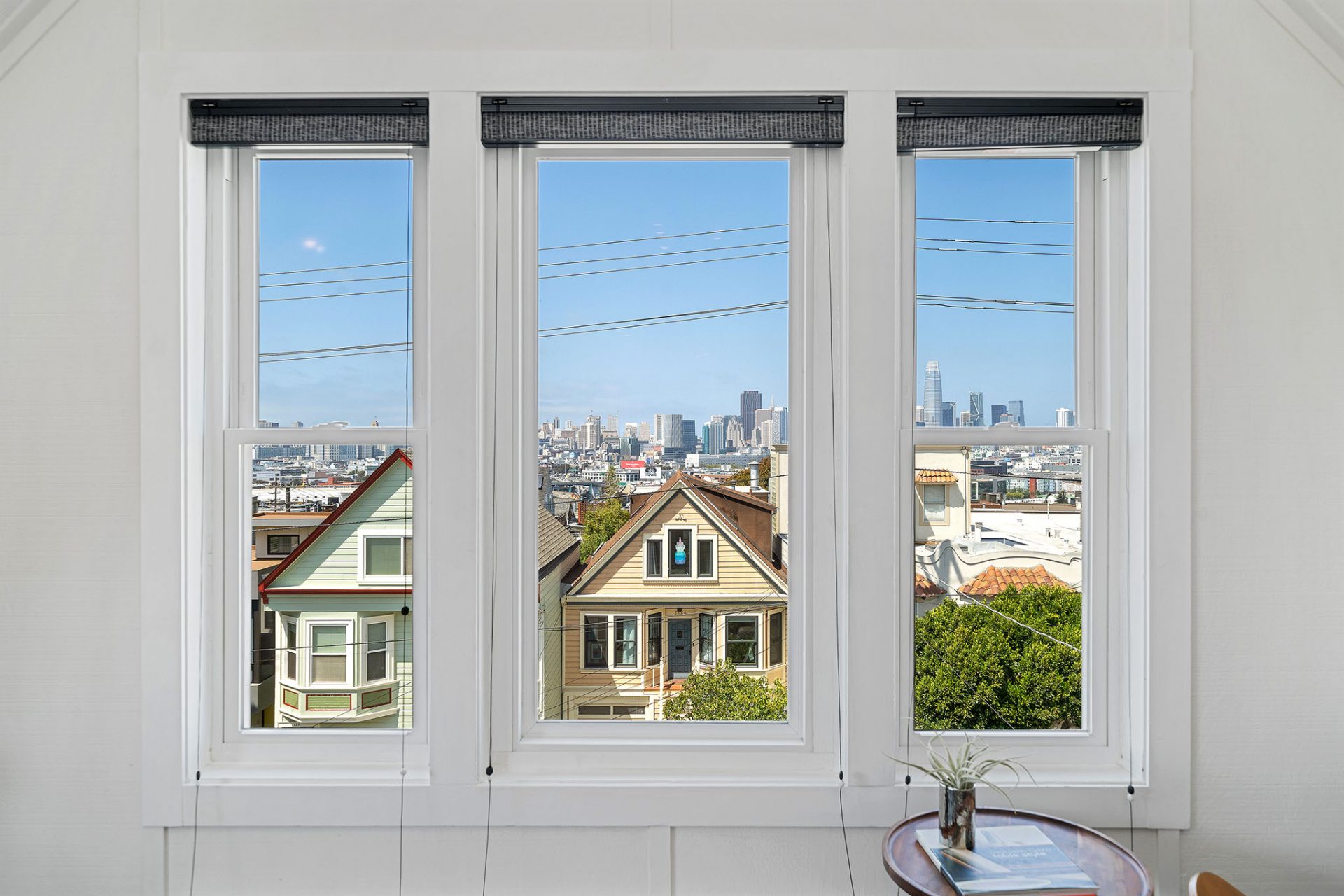
The most recent monthly real estate trends in all SF neighborhoods including Noe Valley, Pacific Heights, Castro, Marina, Mission and more.

I am often asked how to find the best deals when buying a home or condo in San Francisco, Marin, and Sonoma Counties. Here are a few solid tips that I’ve learned in my 22 years in the local real estate market:
If you are thinking about buying, I’m happy to help. Reach out to me anytime.
(updated April 2025)
If you’ve been looking for real estate in San Francisco, you have probably heard the term “contingency”; it means “dependence on the fulfillment of a condition”. In the world of SF real estate, a contingency is simply a period of time in which the buyer can investigate a property or mortgage loan while still protecting their deposit.
Contingencies are sometimes used for property inspections like a termite inspection. Other contingencies are for mortgage loan approval, appraisal, or the sale of another property. Sellers can have have contingencies too, like finding a replacement property, but buyer contingencies are more common.
In this very frenzied seller’s market, any buyer contingency can give the seller some pause when they are considering whether to accept an offer.
It can be challenging for buyers to protect their interests while still getting their offer accepted. As I’ve written about before, disclosures are important. Seller disclosure packages (complete with inspection reports) allow the buyer to be reasonably informed about the property at the outset before submitting an offer.
Regardless of disclosures, some buyers opt to roll the dice and waive all contingencies as a strategy to make their offer more attractive to the seller. Buyers should be aware that waiving contingencies is risky. As usual, it boils down to risk tolerance and of course every buyer (and every property) is unique. If you are considering buying or selling, let’s talk about how contingencies might impact you.
If you’re beginning to think about buying a place in SF, there is one sure-fire thing that you should do before you spend too much time visiting open houses. Get pre-approved for a mortgage. Until you know how much home you can comfortably afford, it really doesn’t make much sense to fall in love with the place of your dreams. Unless you are just browsing with no intent to buy soon, looking at homes before getting pre-approved for a mortgage is a bit of a cart-before-the-horse kind of thing. It is easy to fall in love with the perfect place when you see it. Unfortunately it is also that much more disappointing to learn that it is financially out of reach.
I suggest that buyers get pre-approved for a loan with two different sources. One direct lender (for example, Wells Fargo) and one local mortgage broker. As I have mentioned before, the big banks are notoriously quite slow and bureaucratic when it comes to issuing mortgages. The reason is simple, they are huge organizations that make money by selling off bundles of mortgage loans. They can only do that if certain loan underwriting criteria is adhered to from the outset with every buyer. Careful mortgage underwriting is certainly good (hello 2008, I’m looking at you) however the slow-moving process can sometimes present problems for buyers who are trying to purchase a home in this very fast-paced seller’s market. Bottom line here is that sellers are really not interested in waiting around to see if you happen to get your loan or not.
A mortgage broker has access to many loan sources, from small banks to local portfolio lenders, all of which tend to move much faster than big brick & mortar banks. Mortgage brokers also know that properties in San Francisco often come with some local idiosyncrasies that do not exist in other areas. When underwriting with one lender is not working out for a buyer, a mortgage broker can move the loan to another lender to get approval. I can suggest a number of reliable San Francisco mortgage brokers that have helped my clients over the years. Guaranteed Rate, Opes Advisors, Guarantee Mortgage are three examples. Let me know if you’d like any specifics about who to contact at each company.
By the way, some lenders and mortgage brokers offer the ability for buyers to get fully approved in advance (not just the customary pre-approval). If your lender offers it, do it. You will be ahead of the many buyers who don’t take this extra step in advance. Buyers are increasingly competing to get properties. It makes sense to be as prepared as possible.